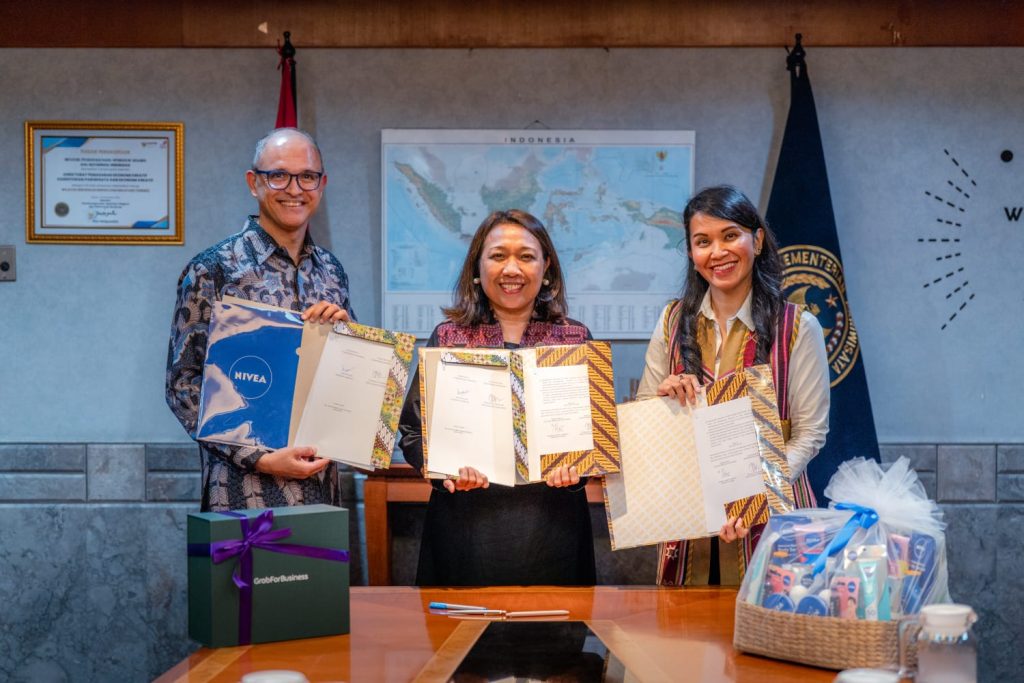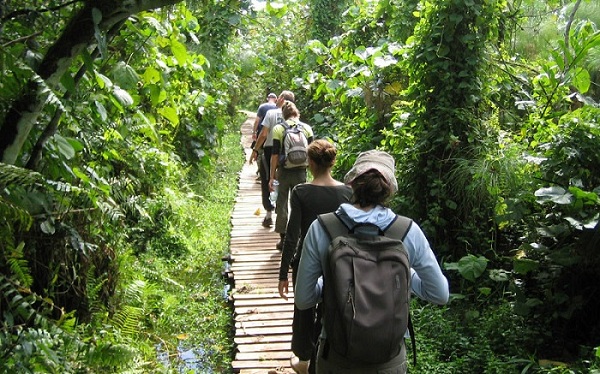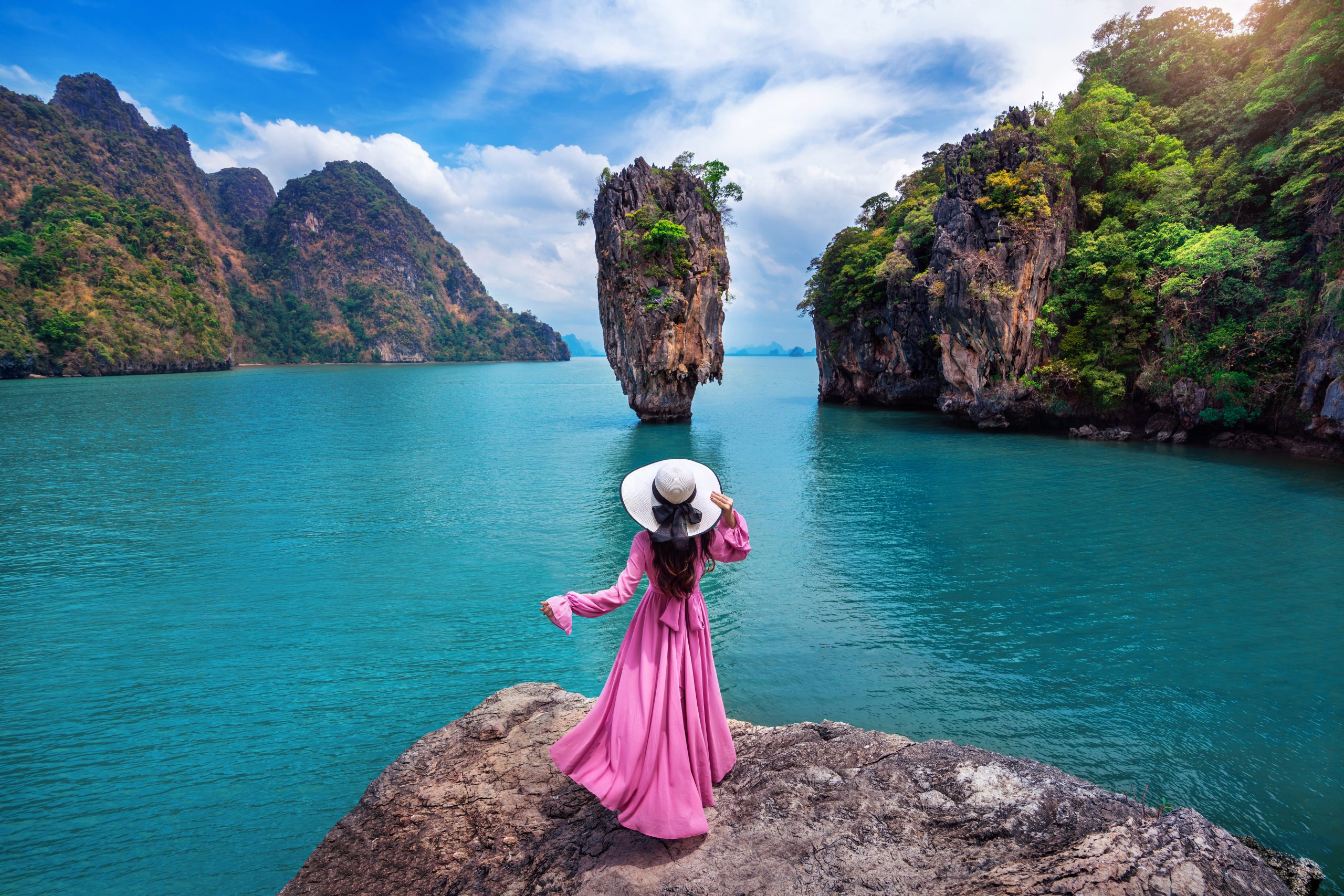
Bali has long been one of Southeast Asia’s most sought-after destinations, drawing millions of travellers each year with its beaches, temples and unique culture. Now, Indonesia’s Ministry of Tourism has launched a new initiative designed to keep that popularity alive while ensuring the island’s future remains secure. The “Wander Through Bali’s Wonder” campaign, launched in partnership with Beiersdorf Indonesia and Grab Indonesia, aims to promote a model of sustainable, inclusive tourism that enhances visitor comfort while protecting the island’s environment and benefiting its communities.
The central message of the campaign is clear: tourism growth must go hand in hand with sustainability. By encouraging travellers to explore Bali in ways that minimise environmental impact and support local communities, the initiative seeks to preserve the island’s natural beauty and cultural heritage for future generations to enjoy. Deputy Tourism Minister Ni Made Ayu Marthini recently underlined this dual mission, describing the programme as “a shared commitment to improving the tourist experience while supporting inclusive and sustainable tourism.”
One of the key features of the campaign is its focus on spreading the benefits of tourism more evenly across the island. While popular areas such as Kuta, Ubud and Seminyak remain high on most visitor itineraries, “Wander Through Bali’s Wonder” encourages tourists to look beyond the well-trodden routes. The hope is to relieve pressure on overcrowded hotspots, while giving smaller communities a chance to share in the rewards of tourism. For local businesses, this could mean new opportunities to welcome visitors and showcase the diversity of Balinese culture, landscapes and traditions.
The initiative is supported by two high-profile, private-sector partners. Beiersdorf Indonesia, through its NIVEA brand, will help make sun protection more accessible to tourists, emphasising health and comfort as essential elements of the visitor experience. “We are happy to be part of this initiative, which allows tourists to access iconic destinations while ensuring they are protected under the sun,” said Sawan Malik, President Director of Beiersdorf Indonesia. Meanwhile, Grab Indonesia, the country’s leading ride-hailing service, will provide affordable and reliable transport to tourism sites, ensuring that visitors can move around the island with ease and safety.
These brand collaborations are more than just product placements. By integrating essential services like safe transport and sun protection into the tourism experience, the campaign highlights how private-sector partnerships can contribute to sustainable and enjoyable travel. Over the next three years, Grab and NIVEA’s involvement is set to expand beyond Bali, with products and services becoming available in key tourism destinations across Indonesia. According to Roy Nugroho, Commercial Director of Grab Indonesia, this approach is designed to create “seamless, memorable vacations” that set a new standard for the country’s tourism sector.
The broader implications of the initiative extend beyond immediate convenience for tourists. By positioning itself as a test case for sustainable tourism, the Bali campaign offers a model that could be replicated in other parts of Indonesia and the wider region. It also reflects a growing trend in the global travel industry, where eco-consciousness, inclusivity and traveller wellbeing are increasingly seen as central to long-term success. In Bali’s case, this approach is particularly important: the island’s popularity has brought both prosperity and pressure, and balancing these forces is critical for its future.
Ultimately, “Wander Through Bali’s Wonder” is a statement of intent by Indonesia’s tourism leaders: it formalises their commitment to ensure that growth does not come at the expense of culture, community or the environment. By combining government oversight, local expertise and international brand collaboration, the programme shows how sustainable tourism can be both practical and profitable. For Bali, and for Indonesia as a whole, it marks a meaningful step toward a more balanced, resilient and inclusive future.




